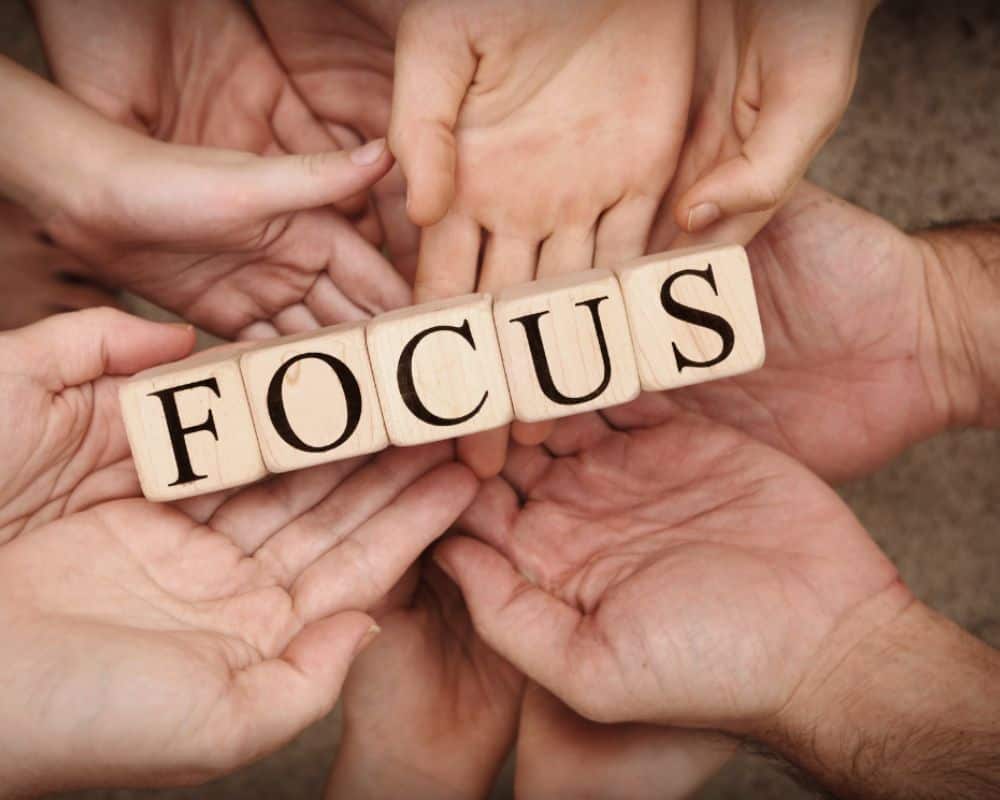What Is Substance Abuse Treatment Counseling?
Addiction treatment counseling is a process that helps individuals address the psychological, emotional, and behavioral aspects of drug addiction. While physical detox is an important first step, counseling focuses on the “why” behind addiction—uncovering the root causes and building strategies to prevent relapse.
In Massachusetts, addiction treatment counseling often includes a combination of:
- Individual Counseling: Private, one-on-one sessions where individuals explore their personal struggles, triggers, and goals. This focused environment allows for tailored support and personalized solutions.
- Family Counseling: Addiction doesn’t just affect the individual—it impacts their entire family. Family counseling provides a safe space to address communication breakdowns, rebuild trust, and create a supportive home environment.
- Group Counseling: Connecting with others who understand your struggles can be incredibly powerful. Group counseling fosters community, providing both encouragement and accountability during the recovery process.
Through these formats, counseling addresses issues like self-esteem, anxiety, depression, stress, and fractured relationships, all of which play a role in addiction and recovery.
The Emotional and Psychological Benefits of Counseling with Addiction Counselors
Breaking free from addiction is about more than stopping substance use—it’s about healing the underlying issues that led to it in the first place. Dialectical behavior therapy and counseling provide the tools and safe environment needed to navigate these challenges.
Improved Self-Esteem and Confidence
Addiction often takes a toll on a person’s self-worth. Addiction counselors help individuals rebuild their sense of identity, recognize their strengths, and gain confidence in their ability to live a substance-free life.
Coping with Anxiety and Depression
Many people struggling with addiction also face mental health conditions and challenges, such as anxiety or depression. Counseling addresses these co-occurring conditions, offering coping mechanisms and therapeutic strategies to manage them effectively.
Healing Broken Relationships
Addiction can strain or even sever important relationships. Family and individual counseling sessions focus on repairing these bonds, fostering healthier communication, and creating a more supportive environment for recovery.

Who Should Seek Addiction Treatment Counseling for Substance Use Disorders?
Counseling is beneficial for anyone dealing with drug addiction, no matter the severity of their substance use. If you or someone you care about is struggling, seeking counseling could be a crucial step forward. At Paramount Recovery Centers, we recommend counseling as part of a structured treatment plan, such as an Intensive Outpatient Program (IOP) in Massachusetts.
When Should You Start Counseling?
The best time to start counseling is as soon as possible. After completing detox or beginning treatment, counseling can help individuals build the emotional and psychological tools necessary for long-term success.
Counseling for Families
Addiction doesn’t exist in isolation—it impacts families, too. Family counseling is an invaluable resource, offering loved ones the chance to understand addiction better and learn how to support recovery effectively.

How Does Counseling Help Prevent Relapse?
Relapse is one of the biggest fears for individuals in recovery and their families. Counseling plays a vital role in preventing relapse by addressing triggers, teaching coping mechanisms, and providing ongoing support.
Understanding Triggers
Addiction counselors work with individuals to identify their triggers—situations, emotions, or people that may lead to substance use. Once identified, they help develop strategies to navigate these challenges without resorting to drugs or alcohol.
Developing Healthy Coping Mechanisms
One of the key benefits of counseling is learning how to manage stress, anxiety, and other emotions in a healthy way. This could include mindfulness exercises, relaxation techniques, or simply recognizing when to reach out for help.
Building Accountability
Regular counseling sessions keep individuals accountable, offering a consistent check-in to discuss progress, setbacks, and goals. This structure provides motivation and reduces the likelihood of slipping back into old patterns.

Complementary Resources for Addiction Recovery
While counseling is a cornerstone of recovery, it works best when paired with other supportive resources. A comprehensive approach gives individuals the tools they need to address all aspects of their addiction.
Rehabilitation and Detox Centers
The first step in recovery is often detoxification, where individuals safely withdraw from substances under medical supervision. Detox centers in Massachusetts provide a controlled environment to manage withdrawal symptoms before transitioning to counseling.
Support Groups
Connecting with others who have faced similar struggles can be incredibly empowering. Support groups provide a sense of community and shared understanding that can make the recovery process less isolating.
Examples of Support Groups in Massachusetts:
- Gender-specific groups, such as men’s rehab or women’s IOP
- Programs tailored to specific addictions or age groups
- Community-led meetings like Alcoholics Anonymous (AA) or Narcotics Anonymous (NA)
Holistic Therapies
Holistic approaches like yoga, meditation, and art therapy can complement counseling by helping individuals manage stress and explore creative outlets for healing.

Addressing Common Misconceptions About Counseling
Many people are hesitant to pursue counseling because of misconceptions or fears. Let’s clear up some of the most common myths:
- “Addiction counseling is just talking about my feelings.”
While emotional expression is part of counseling, it also includes actionable strategies, problem-solving, and practical guidance for navigating life after addiction.ou may need to take. - “Addiction counseling is only for severe cases.”
Counseling benefits anyone dealing with addiction, regardless of the severity. It’s about building tools for a healthier future, not just addressing crises. - “I don’t need addiction counseling if I’ve completed detox.”
Detox addresses the physical aspect of addiction, but counseling tackles the emotional and psychological roots—both are essential for lasting recovery.
Request a 100% Confidential Callback
If you or a loved one are struggling with substance abuse and mental health problems, contact our drug and alcohol rehab center in the Greater Boston area to talk confidentially with an addiction specialist. For immediate help, call (978) 878-3677 or fill out the form below, and we will get back to you as soon as possible.
"*" indicates required fields
Why Drug Abuse Counseling Works: The Evidence
The effectiveness of drug abuse counseling in addiction recovery isn’t just anecdotal—it’s backed by research. Studies consistently show that individuals who engage in counseling as part of their treatment plan are more likely to maintain long-term sobriety.
What Makes Substance Abuse Counseling Effective?
- Personalization: Each counseling session is tailored to the individual’s unique needs, ensuring that they receive the most relevant and effective support.
- Dual Focus: Counseling addresses both addiction and any co-occurring mental health conditions, providing a holistic approach to recovery.
- Ongoing Support: Regular sessions keep individuals connected to their recovery goals, offering encouragement and accountability.

Why Choose Counseling at Paramount Recovery Centers?
At Paramount Recovery Centers, we believe in a whole-person approach to addiction recovery. Our addiction counseling programs are designed to address not just the symptoms of addiction but the root causes, empowering individuals to make lasting changes.
What Sets Us Apart?
- Flexible Options: We offer both in-person and virtual counseling sessions to fit your schedule and needs.
- Experienced Professionals: Our team includes licensed addiction counselors with extensive experience in addiction recovery.
- Comprehensive Care: From detox to addiction counseling to aftercare, we provide support every step of the way.
Whether you’re just beginning your recovery journey or seeking additional support, our programs are here to guide you toward a brighter future.

Take the First Step Toward Recovery Today
Breaking free from addiction is one of the most courageous decisions you or a loved one can make, and you don’t have to face it alone. At Paramount Recovery Centers, we’re here to guide you every step of the way with compassionate, expert care tailored to your unique journey. Whether you’re seeking individual counseling, family support, or a comprehensive treatment plan, we offer the resources and guidance needed to create lasting change.
Recovery is more than just stopping substance use—it’s about reclaiming your life, rebuilding relationships, and rediscovering your purpose. With our personalized counseling programs and dedicated team, you’ll gain the tools, confidence, and support to overcome addiction and embrace a brighter future.
Don’t wait to take that first step. Reach out to Paramount Recovery Centers today, and let us help you or your loved one start a journey of healing, resilience, and hope. Your path to recovery begins here—and we’ll walk it with you every step of the way.



